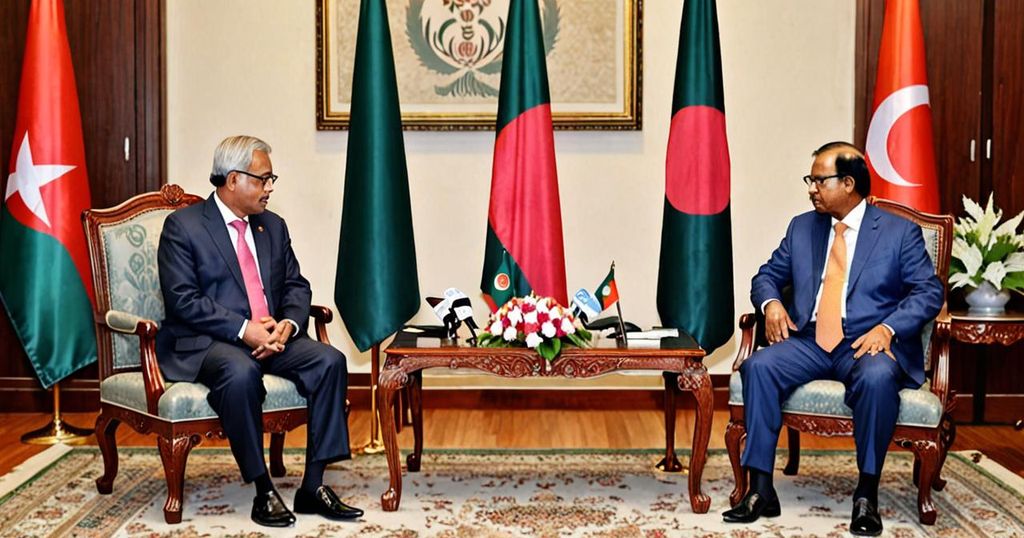The Diplomatic Predicament of India in Light of Recent Political Developments in Bangladesh
The recent resignation of Bangladeshi Prime Minister Sheikh Hasina has posed a diplomatic challenge for India, a long-standing ally. The departure of Hasina and the rise of new interim leader, Muhammad Yunus, has tested India’s support for the previous government. Additionally, China has also expressed support for the new authorities in Dhaka.
The historical and geopolitical ties between India and Bangladesh add complexity to this situation. India, with its vast population and dominant economy, has deep-rooted connections with Bangladesh. Furthermore, the rivalry between India and China for strategic influence in South Asia further complicates the matter, as both nations compete for relationships with neighboring countries like Nepal, Sri Lanka, and the Maldives.
Sheikh Hasina had adeptly maintained a delicate balance between her relationships with India and China, securing support from both while considering their respective interests. India’s concerns over potential threats posed by groups perceived as rivals by Hasina, such as the Bangladesh National Party (BNP), contributed to its unwavering support for the former Bangladeshi leader.
The change in leadership in Bangladesh has caused uncertainty, with worries about the potential return of the BNP and the impact on minority communities. This concern has led to a large number of Bangladeshi Hindus seeking refuge on the Indian border, further complicating the diplomatic situation.
Sheikh Hasina’s relocation to India has strained relations between New Delhi and Dhaka. Her sudden arrival in India, reportedly with plans to move on to Britain, faced challenges following international requests for an independent investigation into the suppression of protests during her rule. This series of events has raised questions about her future plans and the duration of her stay in India.
While Indian media have highlighted the challenging diplomatic situation, the new Bangladeshi leader, Muhammad Yunus, has expressed optimism about the potential for reconciliation and the mending of relationships with countries that supported Sheikh Hasina. Despite the complexities that have arisen, many believe that practical considerations and economic interests will compel India and Bangladesh to find a way to move forward from this diplomatic impasse.
The recent political developments in Bangladesh have highlighted the intricate dynamics of diplomacy and international relations in South Asia. As India navigates this diplomatic challenge and seeks to protect its strategic interests, the prospects of restoring harmonious relations with the new leadership in Bangladesh remain uncertain.








Post Comment